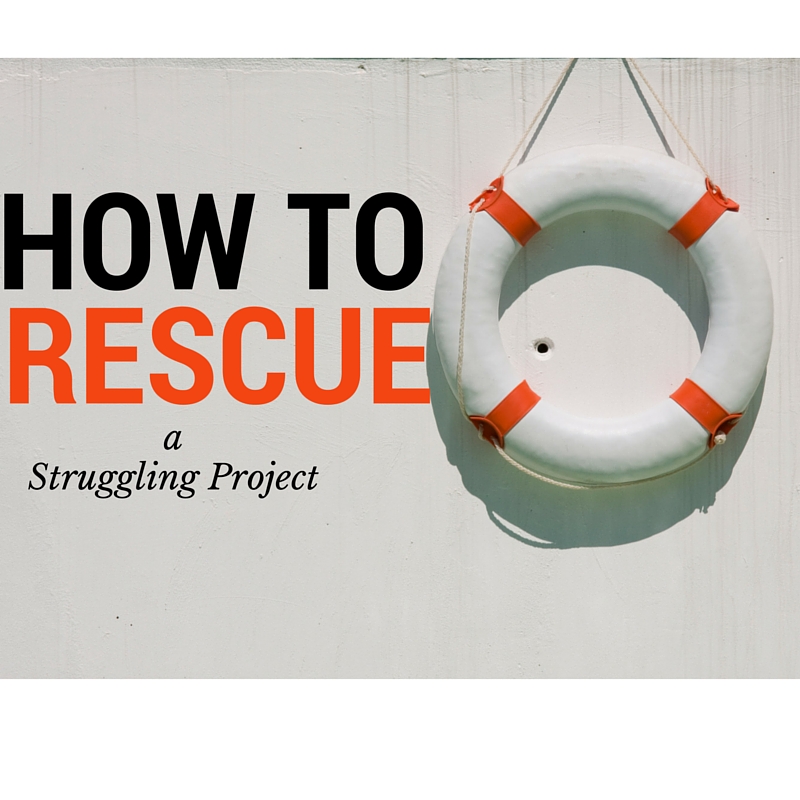Should You Take That New Job? 6 Questions to Ask When You Have a Job Decision

What does that tiny voice in your head say? Trust your instincts. If something doesn’t feel right, it’s probably worth taking a pass.
Like What You Just Read? Share This Story.
About the Author: Courtney Kenney
I’m Courtney Kenney, author and book launch consultant. Like you, I’m on the author’s journey. My focus is to improve my craft, learn new marketing techniques, and sell more books as I grow my authorpreneur business. I want to share what I’ve learned to help you become a more productive and prosperous author.



 4. Does the work interest you?
4. Does the work interest you?




Leave A Comment